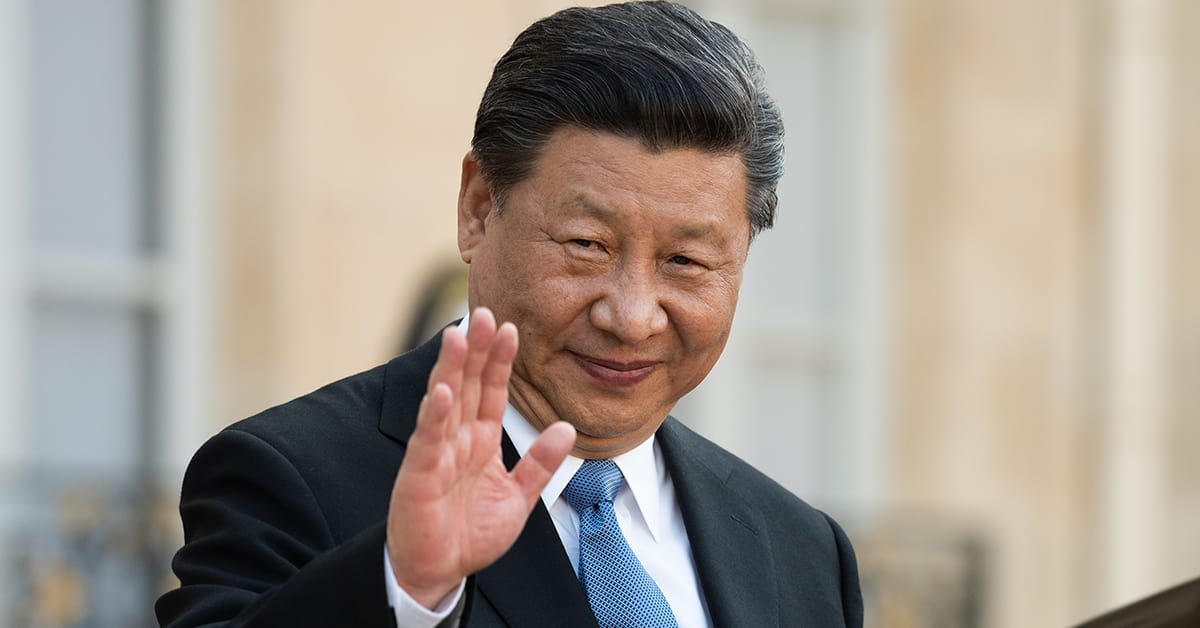Chinese PresidentPresident Xi Jinping emphasized security over economic growth at the recent 20th Communist Party Congress.

At the Chinese Communist Party’s 20th Congress, President Xi Jinping emphasized security and self-reliance, yet China’s economic growth is fragile. Asia’s biggest economy has been losing momentum. This month, the IMF lowered China’s growth forecast to for next year to 4.4%. It cited the crisis in its real estate sector and the impact of continued Covid-19 lockdowns.
But, these issues were not the focus of the congress that happens every five years. The event was mainly a chance for Xi to both consolidate his power with an unprecedented third term and to map out his own vision for a more assertive China. Among the top items on the agenda were wealth inequality, climate change, corruption and China’s expanding international influence.
Dexter Roberts, a Senior Fellow in the Atlantic Council’s Asia Security Initiative, tells Global Finance that the country’s security is likely to take precedence over the economy in the years to come.
A big theme is China’s growing technological and geopolitical rivalry with the US. While Xi did not specifically mention the impact of US sanctions in his inaugural speech, he did talk about the need for China to “achieve greater self-reliance” in key areas of technology and innovation. Xi also talked about Taiwan, which has been a flashpoint for rising geopolitical tension between the two countries.
China has internal threats, too. The government is apparently doubling down on its commitment to the “zero Covid-19” policy that damaged the economy by closing borders, curtailing movement and enforcing localized lockdowns.
But Roberts points to other challenges. There is a growing debt problem: an estimated $8 trillion accumulated from so-called local government financing vehicles. China also faces issues with its aging population: rising numbers of people beyond working age combined with rising youth unemployment—a recipe for social instability.
“Putting security above ensuring economic growth will even further damage an already struggling economy, with more crackdowns on the private sector at home and increasingly frayed ties with trading countries overseas both likely,” says Roberts.



